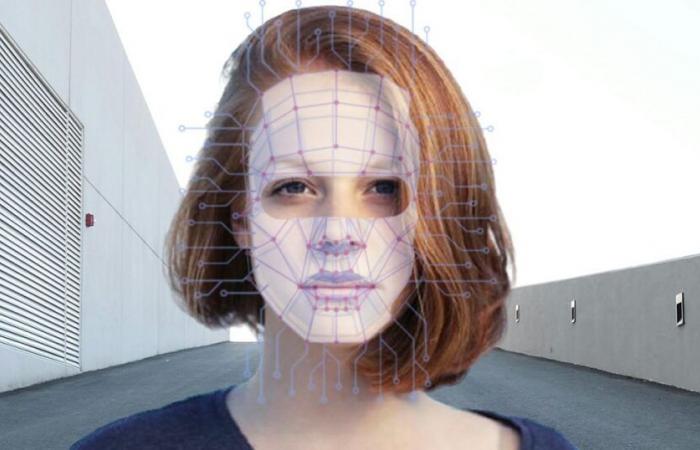Connected glasses to identify anyone on the street? It’s possible with PimEyes.
What if the new trend for 2025 was to go out wearing a hood? A few months ago, AnhPhu Nguyen and Caine Arday Fio, two students from the American University Harvard, succeeded in a disturbing technological sleight of hand: transforming the famous Meta connected glasses – a gadget that until now was rather dispensable – into real facial recognition tool. With a pair of Wayfarers on your nose, you are able to automatically identify anyone, as long as their face is identifiable. Doxing – the disclosure of personal data – has never been easier to access.
Is anonymity over?
Called I-Xray and released at the end of 2024, the two students’ project quickly made the rounds on the Internet. The video showing the effectiveness of the device is disconcerting: we see its user calling out to several people in the metro after identifying their name, their profession, or even their address, simply by looking at them. A performance which would be based on the aggregation of several technologies, including that of LLMs (large language models) and PimEyes, a search engine specializing in facial recognition. Since its launch in 2017 by Polish engineers Lucasz Kowalczyk and Denis Tatina, it has worried almost as much as it has fascinated.
By uploading an individual’s photo to PimEyes, the tool will in a few seconds identify images on the Internet on which the individual appears. If the tool in question is not error-proof, the result is often disconcerting. Were you photographed ten years ago in a nightclub when you had neither a beard nor baldness? Are you participating in a demonstration, wearing sunglasses, while a photographer immortalizes the scene? If the image was stored on a publicly accessible site, PimEyes is potentially able to find you.
How could this go wrong…
At the end of 2023, PimEyes had also enabled the journalist from the investigative site Bellingcat, Michael Colborne, to achieve a feat: in a few clicks, find the trace of Daniela Klette, an alleged member of the far-left terrorist group and wanted for around thirty of years.
-In theory, PimEyes is supposed to allow you to regain control over your virtual identity. Do you think you are a victim of revenge porn or identity theft? You just need to use the search engine to scan the Internet. Well, that’s what the company says, the results being accessible in their entirety only by paying around twenty euros. Count on more than €300 per month for unlimited access.
So, will you take back some regulations?
Obviously there are numerous abuses, and the development of such facial recognition tools poses unfathomable privacy problems. This is why AnhPhu Nguyen and Caine Ardayfio refuse to reveal to the public the code that makes their famous glasses work. Conversely, the two students want to use their masterstroke to raise public awareness. “Few people realize that with a simple name you can often find an address, a telephone number and information about your loved ones,” they explain in the document relating to their project.
Concern over the development of tools like PimEyes has even found its way into discussions within the European Union. The good news? The EU recently adopted the AI Act, legislation aimed at better regulating the use of artificial intelligence on European soil. Article 5 prohibits certain practices including “the use of systems that create or feed facial recognition databases through the non-targeted collection of facial images on the Internet or from video surveillance. » It remains to be seen how this will be implemented technically on European soil.



